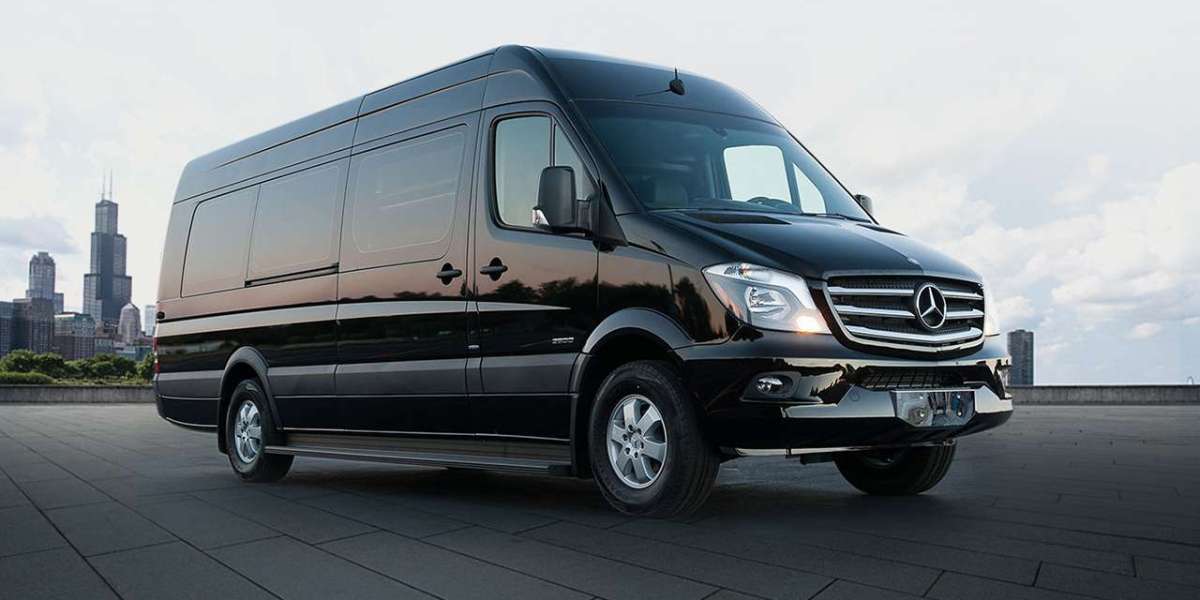Funeral Home to Cemetery Transportation in Chicago: A Guide to Funeral Procession Services
In the midst of grief and loss, the logistics surrounding a loved one's funeral can be overwhelming. One of the most important aspects of funeral arrangements is the transportation from the funeral home to the cemetery. In Chicago, where there is a rich diversity of funeral traditions and services, understanding the options available for funeral home to cemetery transportation can help ease the burden during such a difficult time.
The Importance of Transportation in Funeral Services
Funeral transportation serves a vital role in ensuring that a loved one’s final journey is handled with respect and dignity. This process typically involves transporting the deceased from the funeral home to the cemetery, where burial or cremation rites will take place. The choice of vehicle, route, and coordination of the procession are all essential parts of the process that need careful consideration.
In Chicago, transportation services can vary depending on the family’s cultural preferences, the type of service they desire, and the location of both the funeral home and the cemetery. This guide will help you understand the common transportation options available, how to plan the route, and what to expect throughout the process.
Common Types of Funeral Transportation Vehicles
Funeral Hearse
The most traditional and widely used form of funeral transportation is the hearse, a specially designed vehicle for carrying the deceased. In Chicago, most funeral homes will provide a hearse as part of the funeral package. The hearse is usually a sleek, black car that is both respectful and somber. It is used exclusively for transporting the deceased, making it a central part of the funeral procession.Family and Mourners’ Vehicles
While the hearse transports the deceased, family members and other mourners typically follow in their vehicles or are provided with a dedicated transport option. Many funeral homes offer family cars that can accompany the hearse during the procession. These cars are often black sedans or limousines, ensuring that those closest to the deceased can follow the procession in a dignified manner.Limos and Specialty Vehicles
For families seeking more comfort or a larger vehicle to accommodate multiple mourners, limousines are often available for hire. Some funeral homes also offer luxury vehicles or even specialty vehicles that match the wishes of the family, such as vintage cars or specific models that have special meaning.Procession Buses
In cases where a large group of mourners will be attending the service, it may be appropriate to arrange a procession bus. This is especially common when the funeral service is at a location far from the cemetery. Procession buses ensure that all attendees travel together, avoiding confusion or delays. Buses are also a practical option for larger families or groups of people who may not have enough vehicles to accommodate everyone.
Coordinating the Funeral Procession
Once the type of transportation has been selected, the next step is to coordinate the procession. This includes deciding on the route from the funeral home to the cemetery, which can sometimes be tricky in a large city like Chicago. Many funeral homes will assist with this process and provide guidance on the best route, taking into consideration the time of day, traffic patterns, and any specific requests from the family.
Route Planning
Chicago is a bustling city with busy streets, so it is important to plan the route carefully to avoid delays and ensure a smooth procession. Funeral directors often have experience in coordinating these routes and can advise on the best ways to minimize obstacles, such as construction zones or high-traffic areas. Additionally, funeral homes in Chicago are accustomed to handling large funeral processions, and they are well-versed in the city's traffic laws, which can help ensure a smooth and efficient journey.Escorts and Police Assistance
In some cases, especially for larger funerals, a police escort may be arranged. The Chicago Police Department provides assistance to funeral processions, helping clear traffic and ensuring that the procession follows the planned route without interruptions. This is particularly useful when the procession needs to travel through busy intersections or across long distances. The police escort ensures that the mourners can proceed in a safe and orderly manner.Timing
The timing of the funeral procession is another critical factor to consider. Funeral processions typically take place after the service and may involve some waiting time at both the funeral home and the cemetery. Planning for delays, whether from traffic or other factors, is essential to maintaining the schedule. Funeral homes in Chicago often have staff who assist with timing, ensuring that the procession moves forward at the appropriate pace.Permits and Regulations
In Chicago, there may be specific permits or regulations that apply to funeral processions. Funeral homes will handle these logistics, ensuring that all necessary permits are obtained for the procession to pass through city streets. The funeral director will also ensure that the procession is conducted according to local laws, including rules regarding vehicle distances and speed limits.
Selecting a Funeral Home with the Right Transportation Options
When choosing a funeral home in Chicago, one of the most important factors to consider is whether the funeral home offers transportation services that meet your needs. Many funeral homes provide comprehensive packages that include transportation from the funeral home to the cemetery, often as part of a larger funeral service package.
Funeral Packages
Chicago funeral homes usually offer various packages that include transportation services. These packages can vary in price depending on the type of vehicle, the distance to the cemetery, and any additional services, such as police escorts or extra limousines for family members. Discussing these options with the funeral home director can help you understand the costs and make the best decision based on your needs and budget.Personalization
Some families may want to personalize the transportation aspect of the funeral. This could include choosing specific types of vehicles, such as vintage cars, or requesting a longer procession route. Funeral homes in Chicago can often accommodate these requests, but it's important to discuss these preferences ahead of time to ensure that they can be fulfilled.
The Role of the Funeral Director
The funeral director plays an integral role in organizing funeral home to cemetery transportation. They are responsible for coordinating all transportation logistics, from arranging vehicles to ensuring that the procession runs smoothly. The funeral director’s job is to alleviate stress for the family by handling the details of the funeral and transportation arrangements, allowing loved ones to focus on honoring the deceased.
Funeral directors are well-versed in all the logistics of funeral processions, from determining the proper route to ensuring that the right number of vehicles are available for the mourners. They can also coordinate with other professionals, such as clergy members, cemetery staff, and police officers, to ensure that the journey is respectful and orderly.
Conclusion
Funeral home to cemetery transportation in Chicago is a vital part of the funeral process, and choosing the right services can help create a respectful and smooth experience for all involved. From hearses and limousines to procession buses and police escorts, there are a variety of transportation options to accommodate the needs and preferences of the family. By working with a trusted funeral home and funeral director, you can ensure that this important part of the funeral service is handled with care and dignity. For more services and tips Visit our website: https://www.eliterideschicago.com/


